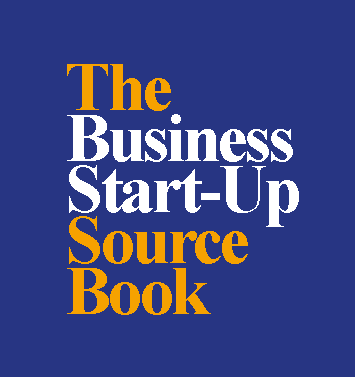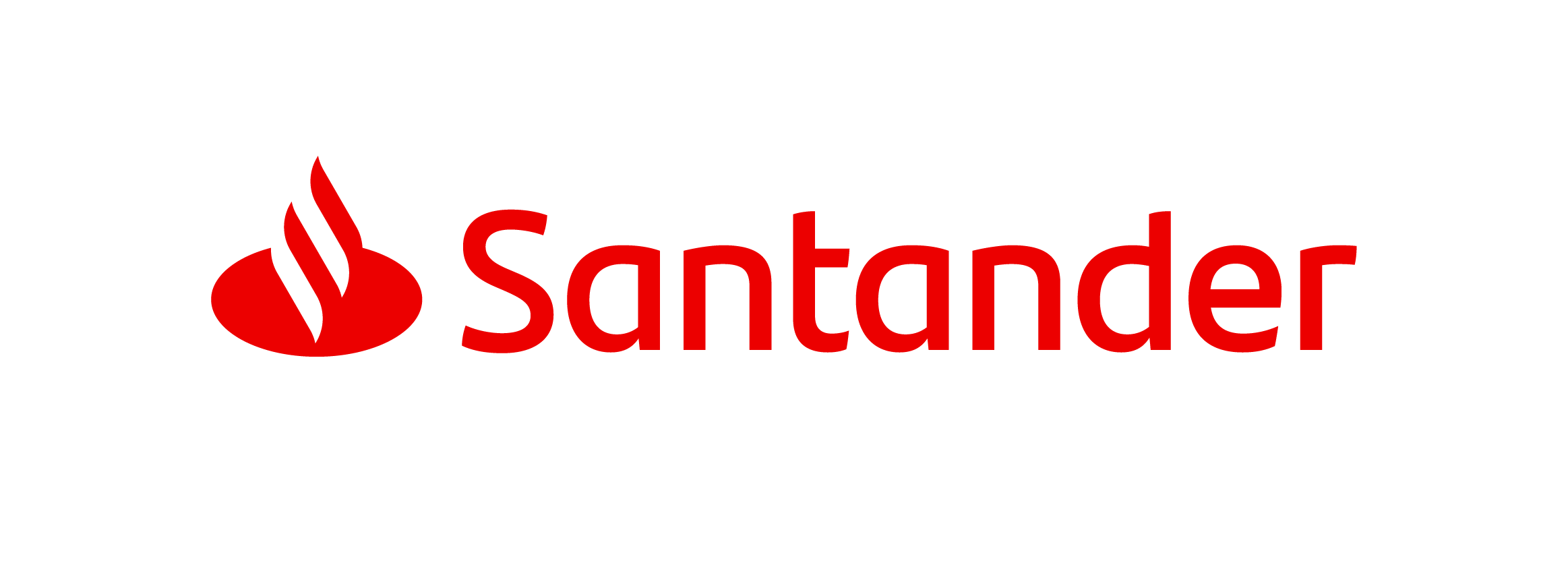Your business finance options
There are many options to explore when you’re looking for business funding. What’s available to you will depend on a number of things. The legal structure and complexity of your business, whether you’re a startup or better established, the sector you’re in and even where you’re located can all influence the type of funding likely to be available to you. This blog post outlines some of the most common types of business funding, but you should speak to your bank, accountant, industry bodies and local business support providers to narrow down the options that are right for you. And you’ll need to carefully consider the pros and cons of each type of finance.
Your personal investment
Most startups will be launched solely with investment from their founders. Often called bootstrapping, it means tapping into your personal savings or even using personal debt to cover your initial startup costs. Some funders will expect you to have made some personal investment as a way of demonstrating commitment to your business.
Friends and family
Research has found that anywhere between 10% and 30% of startups use capital from friends and family at some point. In some cases this may take the form of a no-strings-attached gift, however, in other cases these ‘investors’ will want their money repaid. So, although you personally know them on a personal level, it makes sense to consider putting in place a formal agreement and agreeing upfront on repayment terms, and interest to be paid. Think carefully about this type of funding, especially if personal relationships could be put at risk.
Business credit cards
A credit card is a short-term facility and can be incredibly useful in managing cash flow and monitoring regular business expenses. It’s usually expected that a credit card balance will be cleared on a monthly basis, although some businesses are comfortable incurring interest charges for greater flexibility.
Overdrafts
This is another short term facility, used typically to plug gaps in cash flow. They can be quick to arrange, and costs are usually linked to the amount you borrow and the duration. An overdraft can also be offered as a rolling facility, giving you flexibility to access funds as and when you need. Different lenders will have different restrictions and fees but bear in mind an overdraft is normally provided by your business current account provider, so it may not be as easy to shop around.
Bank loans
Loans are usually provided over a fixed period of time with interest rates and charges confirmed upfront. Availability can depend on things like trading history and purpose of the loan. You don’t have to apply for a loan from your primary business banking provider. In fact, it can be beneficial to look at the range of business loans on offer across the market.
Loans from other providers
There are a number of providers that specialise in helping businesses that have difficulty securing lending through traditional lenders. Some are known as Community Development Finance Institutions (CDFIs) and serve customers that are not typically supported by mainstream lenders. For a list of lenders visit Lender Info – Finding Finance
Invoice finance
With invoice finance, you use your unpaid invoices as security for funding. So, rather than wait for an invoice to be paid, you can secure a percentage of the value of your invoice in a matter of days. With many businesses experiencing late payments, this type of finance can really help with cash flow, but you need to make sure you’re clear on the costs you’ll incur. Most invoice finance is suitable for B2B businesses where invoices are issued, and you’ll need to have some trading history.
Asset finance
This finance, often in the form of leasing and hire purchase, is used to acquire equipment. Rather than purchase the asset outright, you pay a regular amount to buy it over an agreed period. It can help you manage cash flow, especially as you’re paying smaller amounts rather than one lump sum.
Export finance
This is a great example of specialist finance and covers a range of products aimed at helping businesses fund their export activities. Some providers will define export finance as a specific type of invoice finance for international trade, while others will provide different solutions such as guarantees and letters of credit. Approaching your bank is usually the first step when looking for this type of specialist finance.
Grants
It’s possible to secure grant funding for your business, but the application process is very different to applying for a loan. Grants are usually for projects and will often also need you to match-fund. In other words, you’ll be required to have other sources of funding in place to match the value of the grant. Grants will usually support activities such as research and development, innovation, energy and the environment, and export, but it’s always worth searching for other causes. It can take a huge amount of time to secure grant funding, and there’s no guarantee you’ll be successful in your application. You can search for available grants here.
Crowdfunding
Crowdfunding is a way of raising money from a large number of people to invest in your business. There are three main types of crowdfunding, and which type you use will depend on the nature of your business and what you need the funding for. Donation-based crowdfunding is often used by charities and social enterprises to gather donations from supporters. Equity crowdfunding helps you reach individual investors who are buying shares in your business. And debt crowdfunding, or peer-to-peer lending, gives you access to loans funded by many individual lenders. For all types of crowdfunding you’ll use a digital platform to run your campaign. There’s an art to crowdfunding, so don’t underestimate how much effort and resource it could take.
Equity investment
Business angels typically finance startups in their early stages with the potential for high growth, exchanging funding for either equity and a future return, or interest. Angels are a good option if you need more than money alone, as many will bring with them other expertise that will help your growth. Some investors will be attracted by the Seed Enterprise Investment Scheme (SEIS), a tax efficient way for individuals to invest in SMEs. Remember that with equity investment you’re giving away a percentage of your business in return for finance, so you need to decide how comfortable you are with potentially losing some of your control.
Next steps
We’ve only scratched the surface of business finance, so it’s important to keep doing your research. British Business Bank has a free and independent guide to finance options available on its website, and you can speak to your bank, other business owners and your accountant to get a feel for what’s available. And have a look at our guide to getting ready for business funding.
About the contributor
Lynne Robertson – Lynne is Enterprise Education lead at Santander, delivering non-financial support to businesses at all stages of growth.
Find out more – Santander Breakthrough
LinkedIn – Lynne Robertson | LinkedIn





